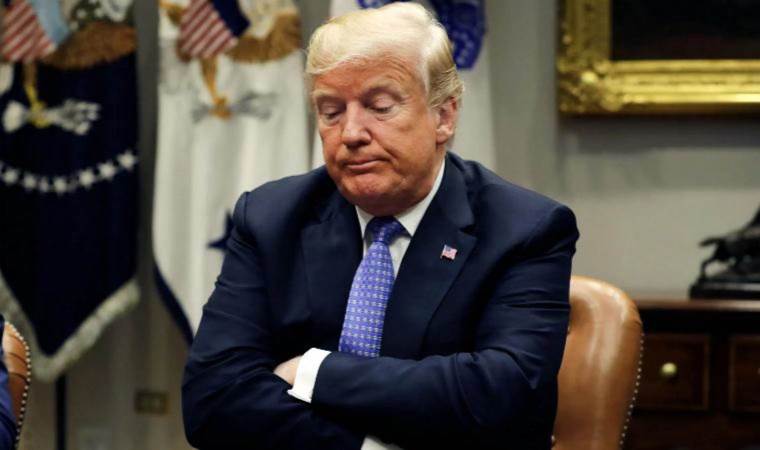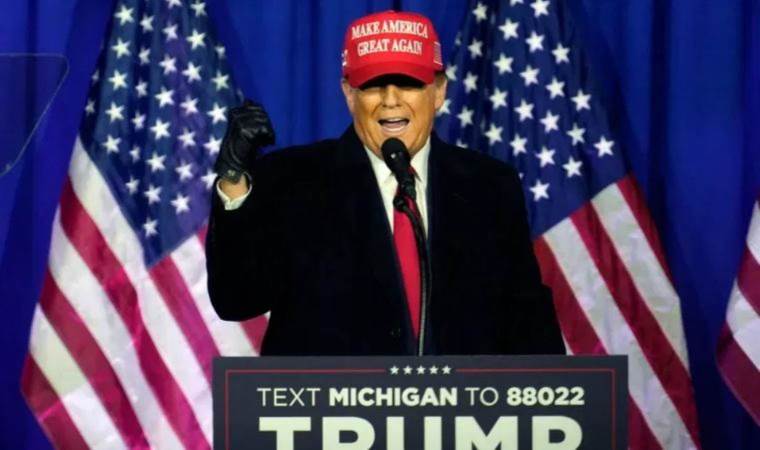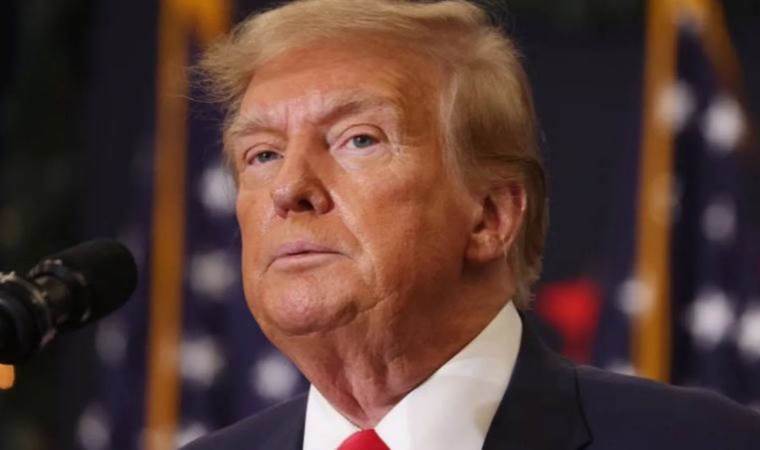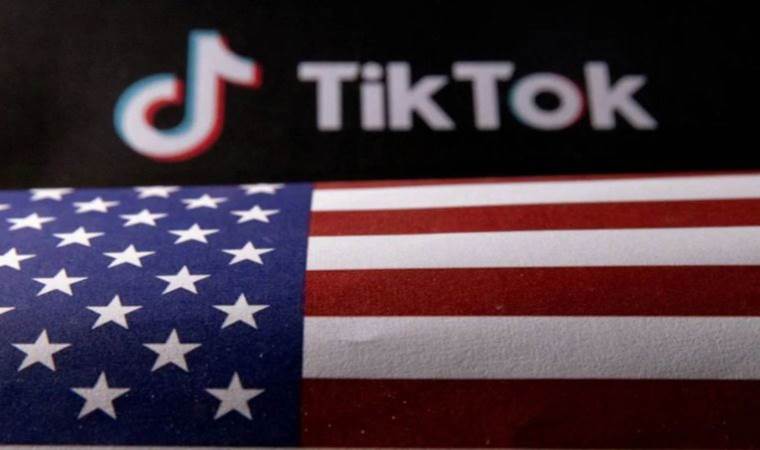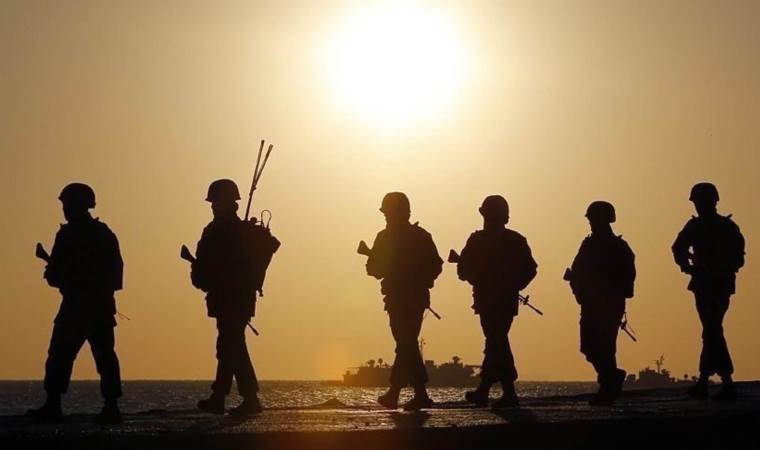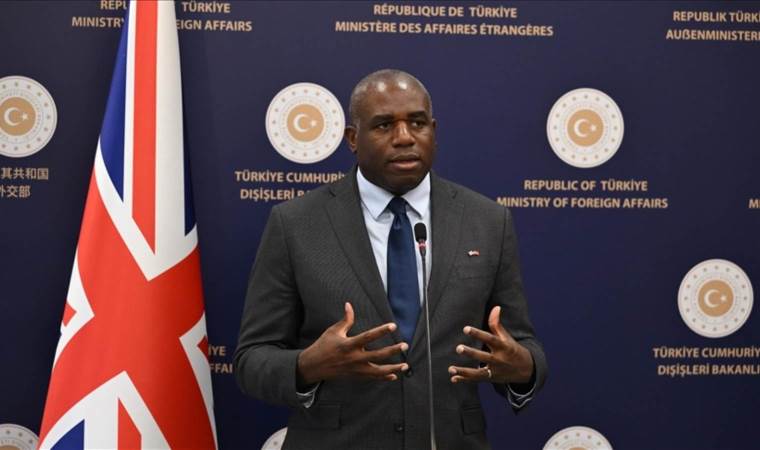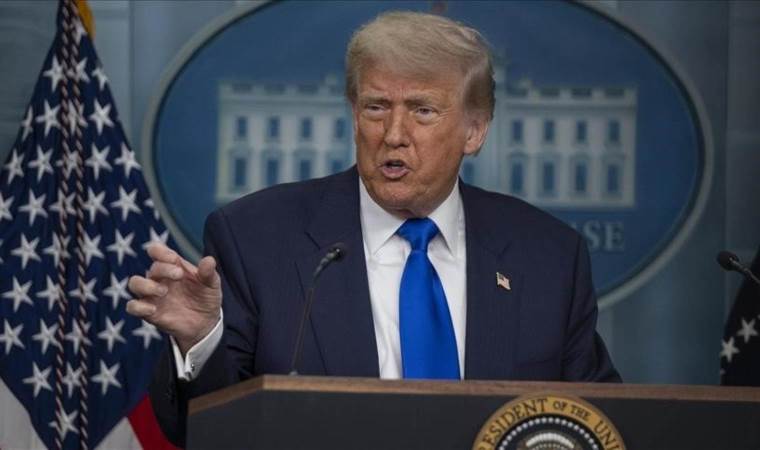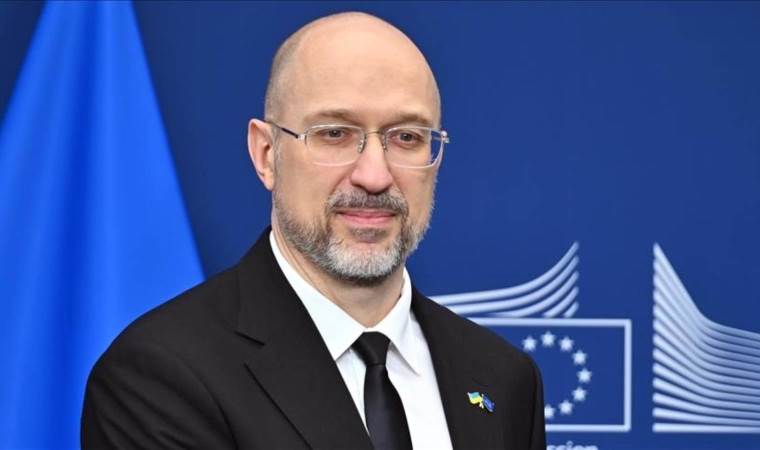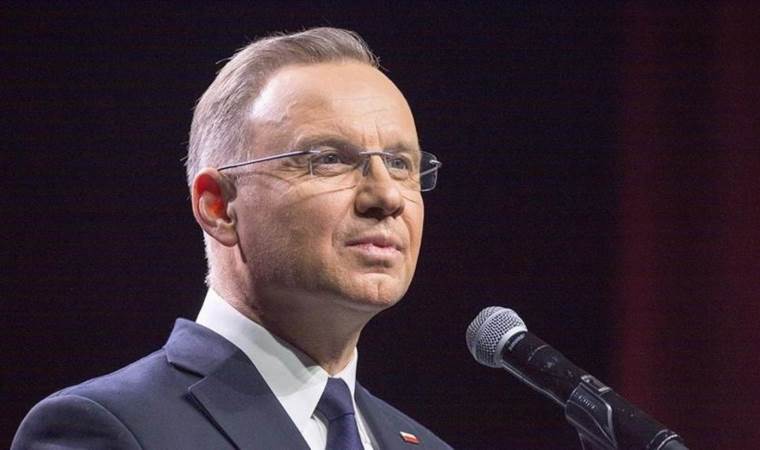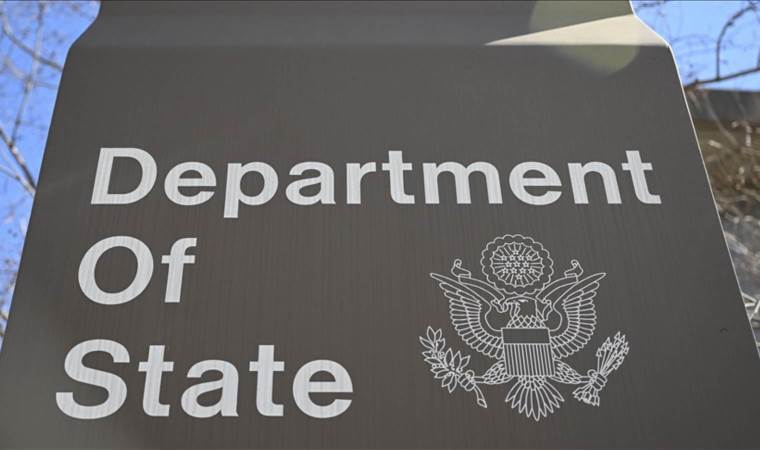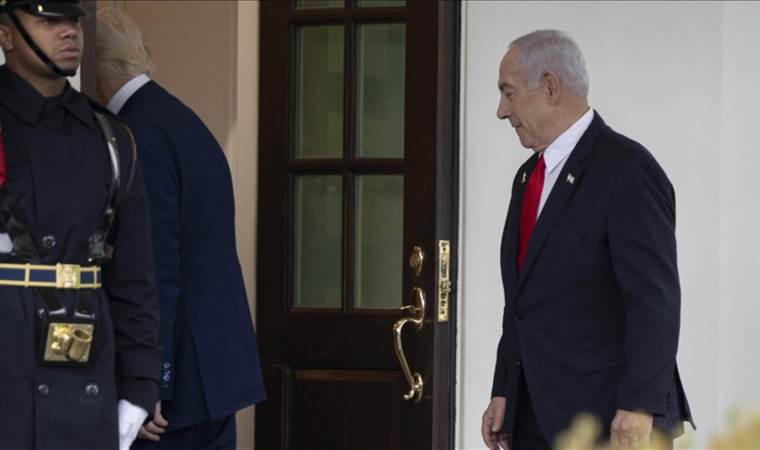Trump's trial delayed: Judge orders indefinite postponement in Florida documents case
Donald Trump's trial in Florida, concerning charges of illegal possession of classified documents after his presidency, has been indefinitely postponed, a decision that diminishes the likelihood of his facing a jury in either of his two federal criminal cases before the U.S. election on November 5.
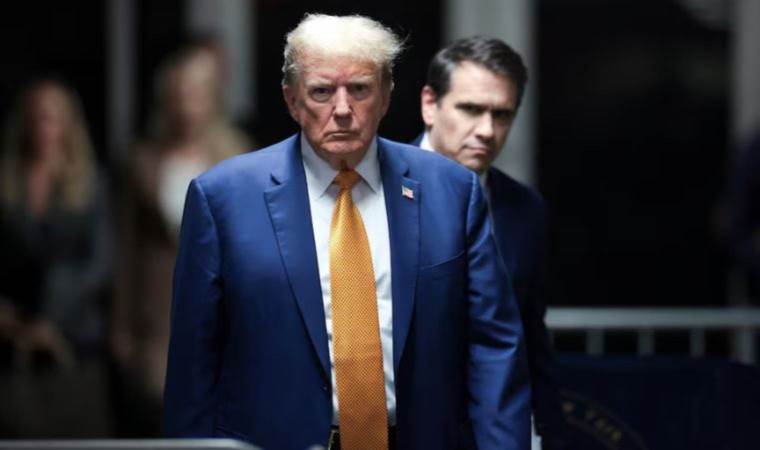
U.S. District Judge Aileen Cannon, appointed by Trump in 2020, announced on Tuesday that the trial, initially set for May 20, will be rescheduled, with pre-trial hearings extended through July 22.
Trump has denied all 40 federal charges, which accuse him of retaining sensitive national security documents at his Mar-a-Lago estate and obstructing government efforts to reclaim them. He is currently the Republican candidate running against Democratic President Joe Biden, who defeated him in the previous election.
Legal complexities continue to mount for Trump, with significant challenges in advancing either federal case to trial before the election. Judge Cannon has yet to decide on several key legal issues in the documents case, having previously shown some support for Trump's defense arguments.
In a separate case handled by Special Counsel Jack Smith, which involves Trump's attempts to overturn the 2020 election results, the U.S. Supreme Court appears inclined to grant former presidents limited immunity from prosecution concerning official acts. This ruling could further delay Trump’s election-related legal battle as lower courts review which allegations might be shielded by this immunity.
Trump's legal team has proposed postponing the trial in the documents case until after the November election, with an alternative date of August 12 suggested in response to Cannon's request for a timeline. Smith, however, has pushed for a trial start in July. Meanwhile, Trump's legal strategies have aimed to delay all four criminal cases he faces, a tactic underscored by the ongoing state court trial in New York over alleged hush money payments.
The charges in Florida include violations of the Espionage Act, related to the unauthorized possession of national defense information, conspiracy to obstruct justice, and making false statements to investigators. Public opinion could be pivotal; a recent Reuters/Ipsos poll indicated that nearly a quarter of Republican respondents and over half of independents might not support Trump if convicted of a felony.
Legal experts like George Washington University's Randall Eliason highlight the extraordinary nature of a defendant potentially influencing the postponement of his own prosecution, emphasizing the importance of a trial before the election. National security attorney Kel McClanahan expressed concerns about the timing of a trial close to an election, while Jay Bratt, a prosecutor in the Florida case, assured that a trial in autumn would adhere to Justice Department guidelines against investigative actions that could sway electoral outcomes.
As the legal proceedings unfold, the possibility of a trial before the election remains uncertain, with potential significant implications for Trump's campaign and broader U.S. electoral politics.
Most Read News
-
 North Korean military training delegation to visit Russi
North Korean military training delegation to visit Russi
-
 Billionaire Musk vows to launch new political party if c
Billionaire Musk vows to launch new political party if c
-
 UK foreign secretary praises Türkiye's efforts to broker
UK foreign secretary praises Türkiye's efforts to broker
-
 Trump says Musk would ‘head back to South Africa’ withou
Trump says Musk would ‘head back to South Africa’ withou
-
 Ukraine’s premier urges more demining support in meeting
Ukraine’s premier urges more demining support in meeting
-
 European diplomats visit West Bank town after deadly att
European diplomats visit West Bank town after deadly att
-
 Poland’s president calls on gov’t to stop entry of migra
Poland’s president calls on gov’t to stop entry of migra
-
 US may remove Hayat Tahrir al-Sham group from terror lis
US may remove Hayat Tahrir al-Sham group from terror lis
-
 Israeli prime minister says he will visit Washington nex
Israeli prime minister says he will visit Washington nex
-
 Thai premier suspended over leaked audio amid border dis
Thai premier suspended over leaked audio amid border dis
